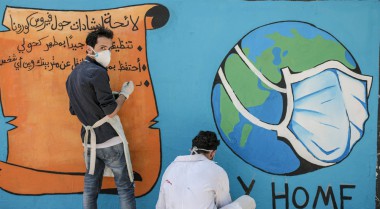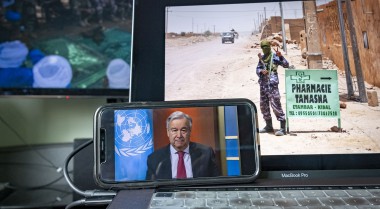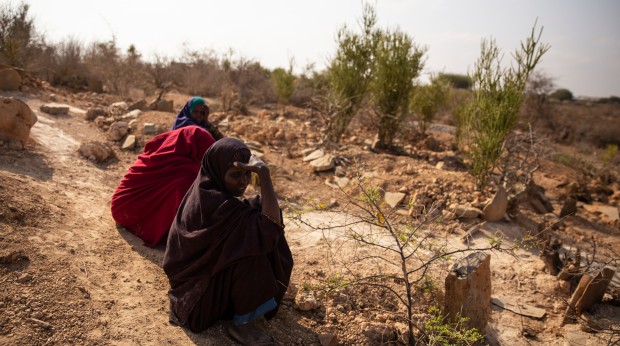
A Polarised Nation during a Global Pandemic: the Libyan Predicament - an interview with Libya’s Member TWM
Zorg Madi, Program Manager at the Tamazight Women’s Movement and CSPPS member in Libya, discusses the role of civil society in the Libyan attempt to stabilise a polarised nation, whilst facing COVID-19 during the Second Libyan Civil War, and its manifold of ongoing alternate conflicts, in an interview with the CSPPS Secretariat. For the fifth article in this series, Madi shares with us the reality of the Libyan people, and the ongoing battle for civil society to be consulted and included in both the response to COVID-19 as well as other essential policy processes of peacebuilding and statebuilding, such as this year’s Voluntary National Review (VNR) which is meant to take to stock of the status of the implementation of the Sustainable Development Goals in Libya.
“The COVID-19 response is not very government driven. Yes, both governments do implement measures, but they often function to oppress the people and reiterate their own legitimacy as the ruling party. But whatever is happening in Libya right now regarding the pandemic is very people-driven, in a very organic way, coming from civil society.”
A continuation of peacebuilding and statebuilding efforts is indispensable, as the country’s institutions and governance structures are badly damaged. Besides, after years of killing and destruction, many Libyans struggle with their mental health. “Everyone is traumatised because of all this violence,” she states, “the men that return from the frontlines, but also everyone else, because we are constantly under fire. And now we are faced with COVID-19 as well. This can no longer go on.” The incorporation of psychosocial support is therefore equally as important when thinking of strengthening Libya’s health care facilities.
Read here the fifth article "A Polarised Nation during a Global Pandemic: the Libyan Predicament" from the series CSPPS and COVID-19 Coordinated Response to Support Local Action.




